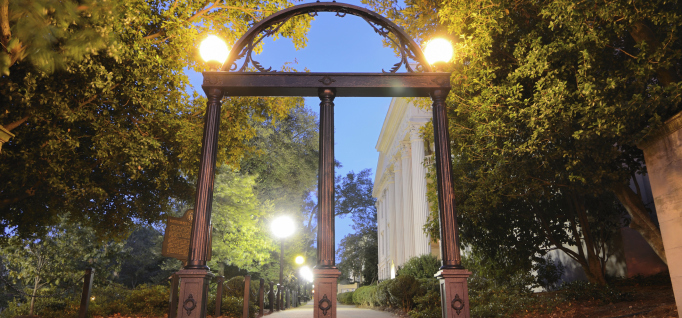Building Pathways to Bachelor’s Degrees
By Paul Dale
November 18, 2014
Partnerships between community colleges and four-year institutions can better move students from associate degrees toward bachelor’s degrees.
For today’s students, community colleges are not only a road to an associate degree, but with the right partners, they can also be a stepping stone to a bachelor’s degree.
As outlined in Recommendation Five of AACC’s Empowering Community Colleges to Build the Nation’s Future, community colleges are encouraged to build alliances with universities, community-based organizations and other community colleges to increase degree completion rates and help students successfully navigate their educational pathways. The resulting partnerships allow community colleges to define shared goals, pool resources, and align operations and procedures with the collaborating university — all with the common objective of supporting students on the path to the degrees they want.
A strong commitment to student advising and mentorship is the first key to ensuring that any partnership better serves our students. Dating back almost 30 years, the partnership between Maricopa Community Colleges (MCC) and Northern Arizona University (NAU) is dedicated to bringing bachelor’s degree programs to 12 sites (including two “Communiversities”) throughout Maricopa County.
Through this alliance, students have accessible and seamless transfer pathways from an associate to a bachelor’s degree. NAU’s presence at each MCC campus includes a full-time transition coordinator who assists transfer students with the application and enrollment processes. Additionally, on most campuses, NAU has full-time faculty members who teach and mentor students through their bachelor’s degree programs. To ensure students have a clear pathway from one institution to the other, strong support and advising is essential.
The second priority of any partnership should be accessibility. Office and classroom space should be leased at each college or university location, affording students equal access to all campus amenities, including computer commons, libraries, fitness centers and student unions. In the MCC Pathways program, 14 degree options are offered — with both in-person courses and blended modalities — including business administration, elementary education, communications and justice studies. Additionally, since a number of the bachelor’s degree programs accept up to 90 credits from an MCC campus, students can complete their degrees at a significantly reduced cost.
Through partnerships with local universities that prioritize student mentorship and accessibility, we can give our students the tools, resources and support they need to not only complete an associate degree but also — if they so wish — to earn a bachelor’s degree.
Does your college partner with local universities to offer programs for students? Tell us about your experiences in the Comments.












